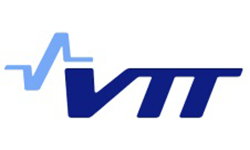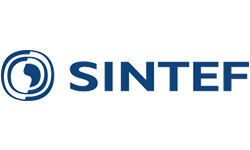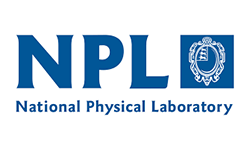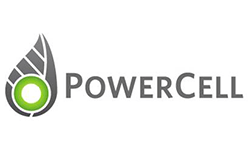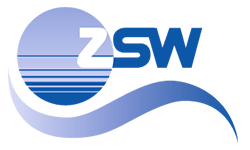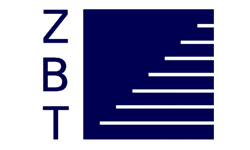HYDRAITE
Hydrogen Delivery Risk Assessment and Impurity Tolerance Evaluation
This project has received funding from the Fuel Cells and Hydrogen 2 Joint Undertaking under grant agreement No 779475. This Joint Undertaking receives support from the European Union’s Horizon 2020 research and innovation programme and Hydrogen Europe and Hydrogen Europe Research
Download the latest Flyer
HYDRAITE – Clean hydrogen for fuel cell vehicles
There is a large potential of fuel cell vehicles to reduce the emissions and noise of the transportation sector. However, the fuel cell vehicles require an extensive and functional net of hydrogen refuelling stations (HRSs), with hydrogen fuel of good quality and affordable pricing. The quality assurance of hydrogen needs to be performed at sufficient level to maintain the performance of the fuel cell electrical vehicle (FCEV) over its lifetime. Moreover, the impurity limits of the hydrogen fuel are required to be sensible, considering the possible contaminants and their real effects on the fuel cell vehicle. On the other hand, over tight limits for the hydrogen fuel produce excessive costs on the hydrogen fuel and thereby on the utilization of the FCEVs. The overall aim of HYDRAITE project is to solve the issue of hydrogen quality for transportation applications.
The project objectives:
- Identification of critical impurities originating from hydrogen refuelling stations’ (HRSs’) components and operation/maintenance practices, according to and beyond the ISO 14687 standard.
- Technical data for impurity concentrations at HRS nozzle with focus on impurities from HRS components and operation/maintenance practices, including some new compounds beyond the ISO 14687 in liquid, solid or gaseous form.
- Evaluation of existing technologies and developing new methodologies for in-line monitoring of hydrogen fuel quality in HRS.
- Establishing three European laboratories capable of measuring all of the contaminants according to ISO 14687 standards, and provide a strong evidence on the quality and reliability on their result. Beyond the project, the three laboratories will offer their services to the European FCH community.
- Set the first quality assurance network in Europe for hydrogen purity according to ISO standards.
- Set a network of expert laboratories able to provide qualitative analysis for new compounds with potential negative effect to the performance and lifetime of fuel cell electric vehicle (FCEV), e.g. liquids, particles and gas, such as lubricants, oil and grease, metals.
- Recommendations on the concept of an on-board hydrogen purifier.
- Recommendations for revision of ISO standards
- Under consideration of dynamic operating conditions, continuous full power operation (2.5 A cm-2) and future membrane electrode assembly (MEA) configurations with anode platinum-group metals (PGM) loadings of 0.02 mg cm-2 or less, concerning HRS components, commissioning and maintenance practices.
- For contaminants introduced by HRS components and operation and operation/maintenance practices, and to allow compliance testing against hydrogen purity specifications to be more achievable.
Partners
VTT Technical research centre of Finland
Fuel cells and hydrogen
SINTEF
Applied research, technology and innovation
CEA – Liten
Division of Electricity and Hydrogen for Transportation
NPL
UK’s National Physical Laboratory




